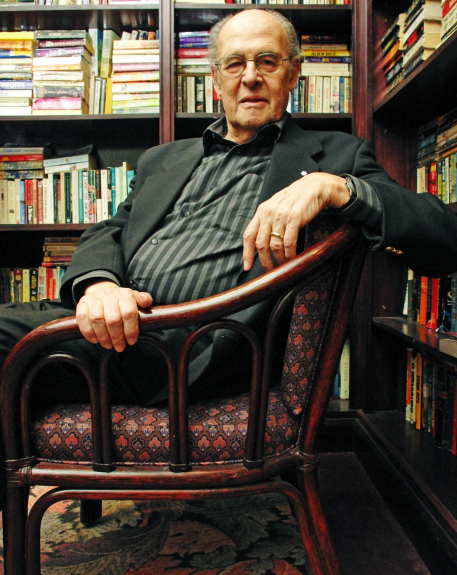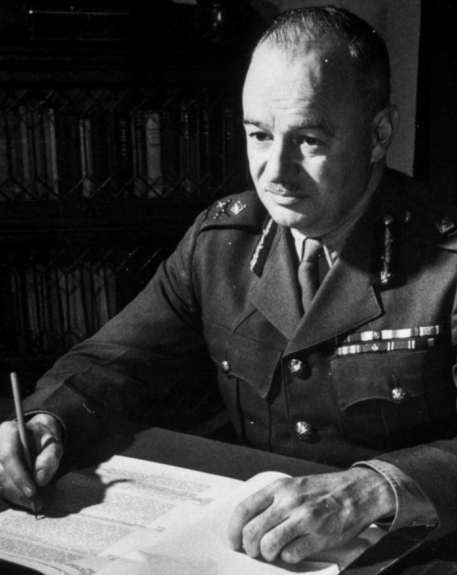1998 INDUCTEE Heinz E. Lehmann, MD Brain & Mind
July 17, 1911
(Berlin, Germany )
April 7, 1999
MD, University of Berlin (1935)
1992: Prix de l’Oeuvre Scientifique, L’Association des Medicins de Langue Française du Canada
1980: Honorary LLD, University of Calgary
See All AwardsAwards & Honours:
1992: Prix de l’Oeuvre Scientifique, L’Association des Medicins de Langue Française du Canada
1980: Honorary LLD, University of Calgary
1976: Officer of the Order of Canada
1970: Fellow of the Royal Society of Canada
1962: The Stratton Award, American Psychopathological Association
1957: Albert Lasker Award
1956: The Page One Award, Newspaper Guild of New York in Scientific Research
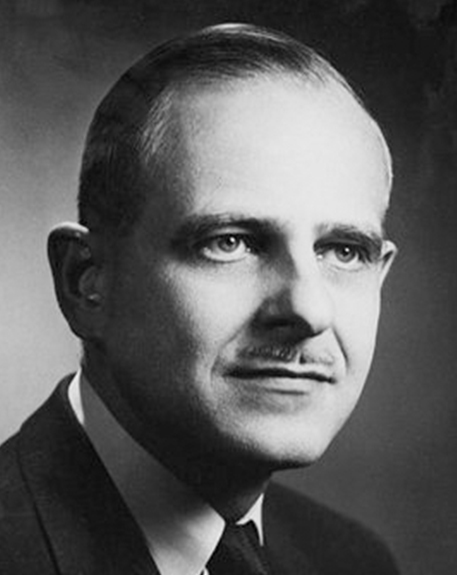
Revolutionized the field of psychiatry and established the foundation for psychopharmacology
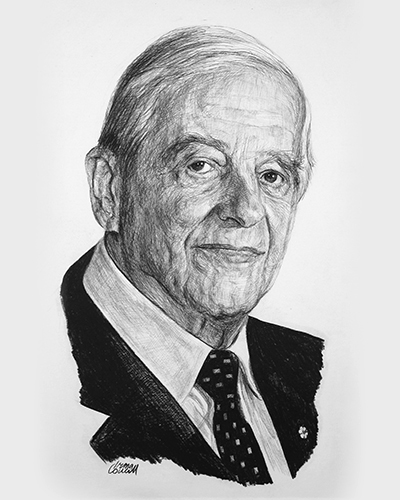
A pioneer in psychiatric clinical investigation
Dr. Heinz Lehmann has helped shape modern psychiatric care by recognizing the impact of two different drugs on the treatment of mental disorders. In 1952, he discovered that the drug chlorpromazine effectively treated the various states of psychotic patients. In 1957, Lehmann became the first to recognize that imipramine was effective for treating depression.
Although he became a famous and pioneering figure in psychopharmacology, Dr. Lehmann remained grounded in the humanistic approach to therapy and persistently advocated compassionate patient care as a core principle in psychiatry.
Key Facts
Demonstrated the role of biology in mental illness
Created a transformative shift in Canadian psychiatric care, ending centuries of isolating asylum care for patients suffering from mental illness
Revealed pharmaceutical intervention to be a significant addition to other forms of psychiatric therapy
Drastically changed inpatient management and enabled many patients to return home
Co-founded the Collegium Internationale Neuro-Psychopharmacologium
Authored more than 300 professional papers
Professional timeline
Impact on lives today
In Canada today, one in five Canadians will experience mental illness or addiction problems. Thanks to Dr. Lehmann’s pioneering work, millions of people have access to drugs that can drastically improve their quality of life. Dr. Lehmann’s approach to psychiatric care was defined by humanity, hopeful optimism and commitment. As a result, he also leaves behind a positive legacy of fighting the stigma of mental illness.
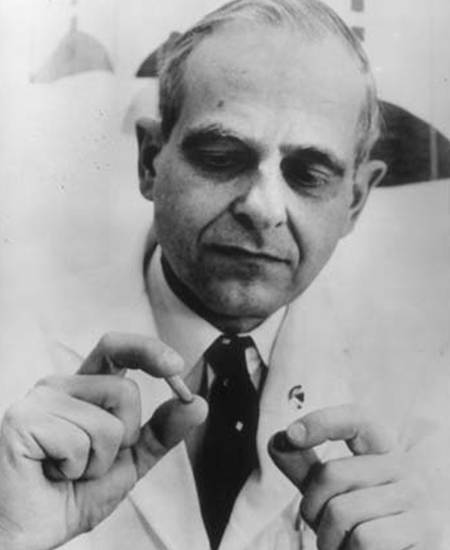
1998
-
Heinz Lehmann inducted into the Canadian Medical Hall of Fame
Hull, Quebec
-
For the last 17 years of his life, Dr. Lehmann became Deputy Commissioner of the Research Division for New York State Office of Mental Health
His passionate and selfless commitment to improving mental health research and policy was evident in his yearly salary, which amounted to $1.
-

The Douglas Hospital Research Centre was established and Dr. Lehmann served as the first chairman of the Centre’s board
Brain & Mind, Leadership in Organizational DevelopmentThe Centre became the largest of its kind in Quebec and focuses on the clinical, psychosocial and neuroscientific domains of mental illness.
-
Throughout Dr. Lehmann's career, he worked to remove the stigma around mental illness by humanizing the person behind the illness
Brain & MindNotably, Heinz Lehmann was a member of the Nomenclature Committee of the American Psychiatric Association in 1973 that decided to remove “homosexuality” from the Diagnostic and Statistical Manual of Mental Disorders, a huge step towards reversing the negative implications of pathologizing homosexuality in Canadian society.
-
On the forefront of psychiatric therapy, Dr. Lehmann became Director of the Division of Psychopharmacology in Department of Psychiatry at McGill
While he served as Director for only one year, Dr. Lehmann remained with the centre for many years.
-
Not only a brilliant scientist, Dr. Lehmann proved to be an able leader
Leadership in Organizational DevelopmentIn 1962, he was made Director of Research at Douglass Hospital. Five years later, he was also given responsibility for medical education.
-
Following the success of chlorpromazine, Dr. Lehmann made another ground-breaking discovery
Brain & MindHe discovered imipramine for the treatment of depression. Both imipramine and chlorprozamine were some of the first agents shown to alleviate symptoms of severe mental illness.
-
Dr. Heinz Lehmann initiated the first North American trial of a drug that would forever change the treatment for mental illness around the world
Brain & Mind, Evidence-based Medicine & Clinical TrialsHe demonstrated that within a mere week chlorprozamine was highly successful in significantly reducing delusions, hallucinations and thought disorders in his psychiatric patients.
-

Dr. Lehmann became a lecturer at McGill University
Health and Medical Education & TrainingIn the same year, he became a naturalized Canadian citizen. Soon, Lehmann was hired as an Assistant Professor at McGill and eventually attained the rank of full professor.
-
Dr. Lehmann began a 60-year career at Verdun Protestant Hospital (later Douglas Hospital) in Montreal, Quebec.
His first position was as a junior psychiatrist. By 1947, he had established a reputation as a talented clinician, researcher and educator and was appointed Clinical Director.
-

Received his MD at the University of Berlin in 1935
Fleeing from Nazi Germany in 1937, Dr. Lehmann immigrated to Canada.
1937
He was a humble and affable man who made the world a better place.

